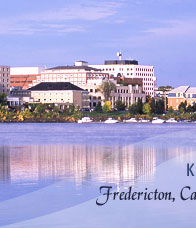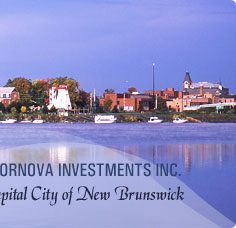Despite their recent proliferation, these programmes have been in place in several countries for decades: the dual island nation of St Kitts and Nevis, for instance, has had one since 1984.
The following table places the state of citizenship selling in a global perspective. It demonstrates that while it’s a predominantly European and Caribbean phenomenon, programmes do exist in Canada, the United States, Australia, Singapore and New Zealand.
At the top of the table are countries that offer an "economic citizenship" programme, which confer citizenship after a minimal qualifying period. Although many of these have been in place for some time, there has been a recent surge in applicants and capital inflow, according to the IMF.
The cheapest option is Dominica, where you can become a citizen for a US$100,000 investment (plus fees) and an in-person interview, according to the BBC.
The rest of the table is devoted to the residency programmes in place around the world. Many of these have been adopted in recent years by larger European nations (though the United States and United Kingdom have had systems in place since the early 1990s).
Why do countries offer it?
Opening up citizenship to foreign nationals can encourage significant investment in a country. For example, in St Kitts and Nevis, the amount of money flowing into the public sector from the economic citizenship programme grew to nearly 25% of GDP in 2013.
Similar gains have been achieved across the Caribbean and beyond. In 2014, residence and citizenship-planning company Henley & Partners estimated that investors were spending $2 billion a year across the globe.
European nations are benefiting as well: Portugal’s scheme reportedly accounted for up to 13% of the country’s FDI inflows in 2014.
Why do people buy citizenship?
Foreign investors see a number of benefits to acquiring citizenship or residency permits, according to the Migration Policy Institute.
The ability to move families permanently to countries such as the US, the UK or Australia is a major draw, while many see expanding their ability to travel visa-free as a major advantage. This is especially true for some of the European nations offering programmes. As this chart shows, Maltese and Cypriot schemes offer visa-free access to a large number of countries.
However, the offer of increased visa-free access has prompted concerns about transparency, as well as global security. There is also the risk that economies could become overly dependent on the capital inflows from these programmes.
https://www.weforum.org/agenda/2016/07/countries-selling-citizenship/





